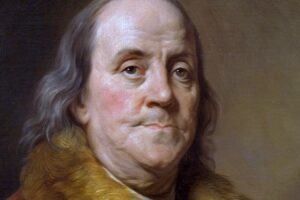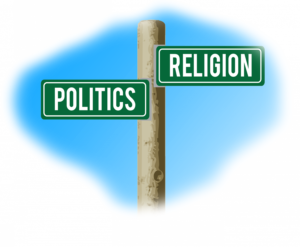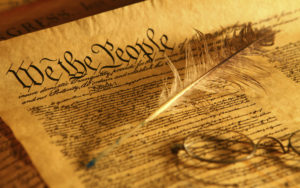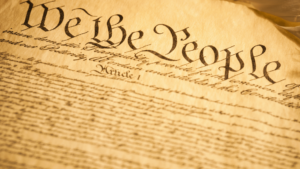Americans today are marking the 247th birthday of this nation’s Declaration of Independence from Great Britain.
Yes, it is a date worth commemorating, worth celebrating and worth honoring. The reality, though, is that this day was a preliminary event to the real thing, which occurred after the American Revolution ended in 1781.
Our Declaration of Independence launched a war that took thousands of American lives. It is a masterful document penned by a man who would become our third U.S. president, Thomas Jefferson. It speaks to the many issues that forced the United States of America to declare its existence … and to go to war with the English Crown.
After the last shots were fired at Yorktown, Va., the hard began. It would take several years. Finally, there emerged a Constitution. The nation’s governing framework was given life.
It is under assault today, which brings me to the point I want to make with utmost pride and vigor.
Which is that the Constitution, i believe fully, is strong enough to withstand these challenges from within our borders. A presidential candidate lost an election three years ago but refused to concede the obvious. He sought to overthrow the government as it sought to certify the results of the 2020 election. He failed only because members of his own political party refused to do his bidding.
They were faithful to the Constitution and the oath they took to honor, defend and protect it.
Our Constitution has withstood many challenges over its more than two centuries of life. I will stand foursquare on my belief it will stand firm against this challenge and — I will hope — against any that arise in the future.





